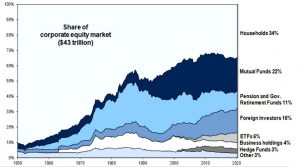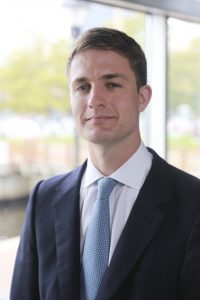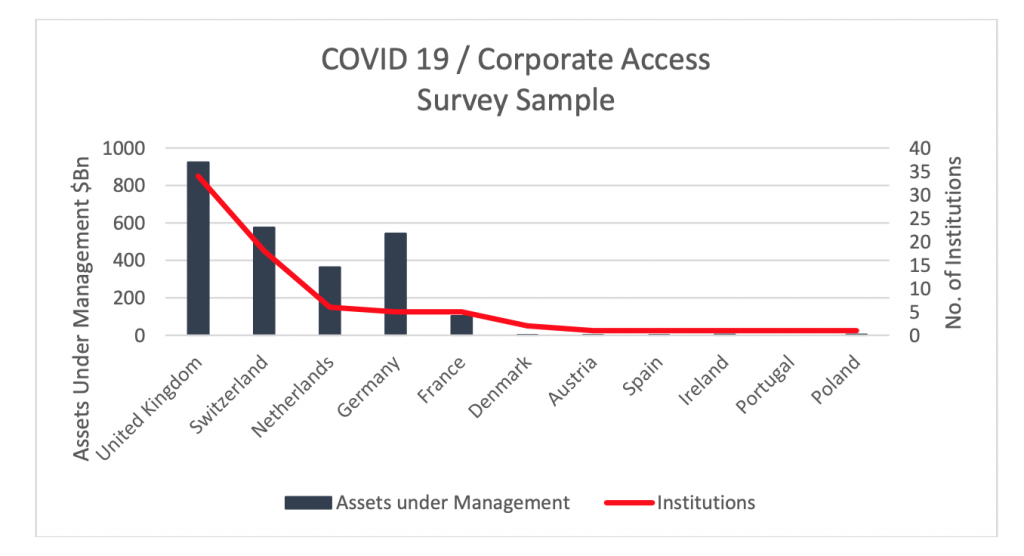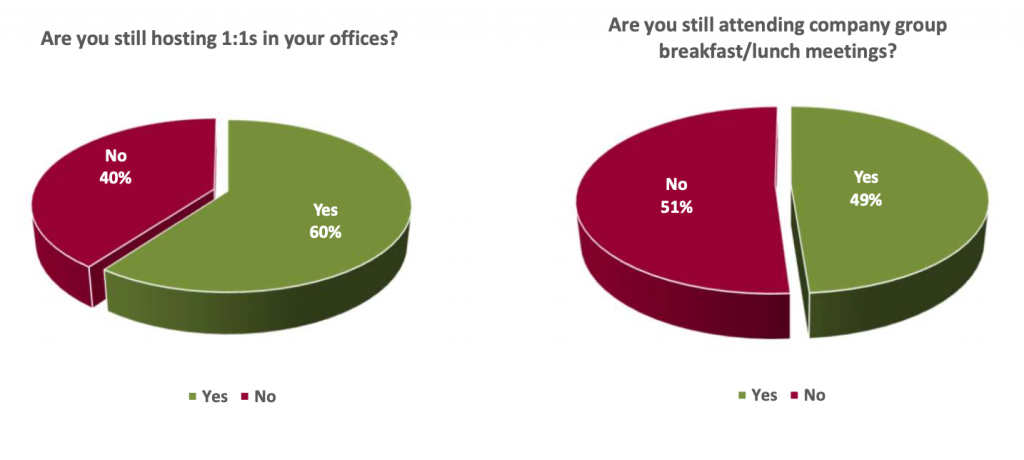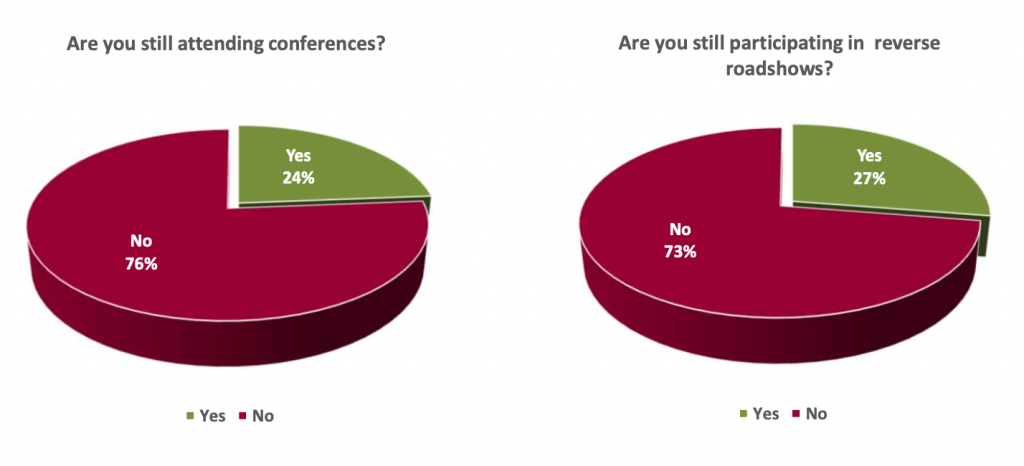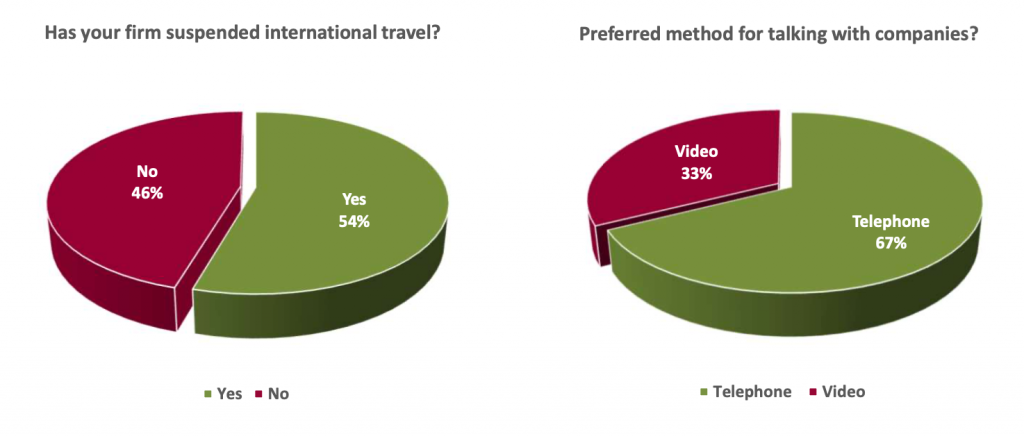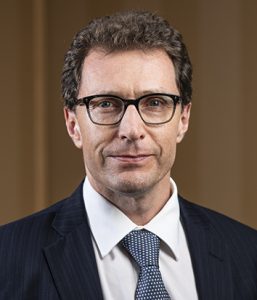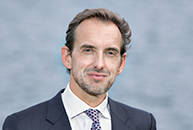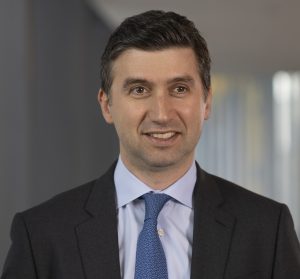Focusing on climate change, BlackRock’s CEO Larry Fink, in his annual letter to CEOs published January 12, 2020, urges companies to focus more on sustainability. He states that “Companies, investors, and governments must prepare for a significant reallocation of capital.”
Many of his comments are highly relevant for IROs.
Key takeaways:
BlackRock will not only double the number of sustainability ETS it manages but significantly, it will divest from its active portfolios those companies generating a quarter or more of their profits from thermal coal. Mindful of the economic, scientific, social and political realities of the energy transition BlackRock will not pursue an across-the-board sale of energy companies that produce fossil fuels.
BlackRock aims to increase its actively managed sustainability assets 10X from $90 billion today to $1 trillion in the next 10 years.
Earlier in January, BlackRock joined Climate Action 100+, a group of more than 370 investment managers with a combined $41 trillion in assets. Together the campaign’s members are pressuring the world’s biggest emitters of greenhouse gases to reduce their environmental impact and improve disclosure. BlackRock has placed environmental and climate risk among its top priorities for meetings with the public companies it owns.
“In the discussions BlackRock has with clients around the world, more and more of them are looking to reallocate their capital into sustainable strategies. If ten percent of global investors do so – or even five percent – we will witness massive capital shifts.“
“BlackRock announced a number of initiatives to place sustainability at the center of our investment approach, including: making sustainability integral to portfolio construction and risk management; exiting investments that present a high sustainability-related risk, such as thermal coal producers; launching new investment products that screen fossil fuels; and strengthening our commitment to sustainability and transparency in our investment stewardship activities.”
“We believe that all investors, along with regulators, insurers, and the public, need a clearer picture of how companies are managing sustainability-related questions. This data should extend beyond climate to questions around how each company serves its full set of stakeholders, such as the diversity of its workforce, the sustainability of its supply chain, or how well it protects its customers’ data. Each company’s prospects for growth are inextricable from its ability to operate sustainably and serve its full set of stakeholders.”
“While no framework is perfect, BlackRock believes that the Sustainability Accounting Standards Board (SASB) provides a clear set of standards for reporting sustainability information across a wide range of issues, from labor practices to data privacy to business ethics. For evaluating and reporting climate-related risks, as well as the related governance issues that are essential to managing them, the TCFD provides a valuable framework.”
“BlackRock has been engaging with companies for several years on their progress towards TCFD- and SASB-aligned reporting. This year, we are asking the companies that we invest in on behalf of our clients to: (1) publish a disclosure in line with industry-specific SASB guidelines by year-end, if you have not already done so, or disclose a similar set of data in a way that is relevant to your particular business; and (2) disclose climate-related risks in line with the TCFD’s recommendations, if you have not already done so. This should include your plan for operating under a scenario where the Paris Agreement’s goal of limiting global warming to less than two degrees is fully realized, as expressed by the TCFD guidelines.”
“We believe that when a company is not effectively addressing a material issue, its directors should be held accountable. Last year BlackRock voted against or withheld votes from 4,800 directors at 2,700 different companies. Where we feel companies and boards are not producing effective sustainability disclosures or implementing frameworks for managing these issues, we will hold board members accountable. Given the groundwork we have already laid engaging on disclosure, and the growing investment risks surrounding sustainability, we will be increasingly disposed to vote against management and board directors when companies are not making sufficient progress on sustainability-related disclosures and the business practices and plans underlying them.”
 phen Yiu is the co-founder of Blue Whale Capital. He is also Chief Investment Officer and Lead Manager of the LF Blue Whale Growth Fund. He was previously at Nevsky Capital (2014 – 2016) and before that at Artemis (2009 – 2013) and New Star (2007 – 2009). Before that he was a fund manager at Hargreaves Lansdown (2002-2007). Peter Hargreaves, is the Chairman and co-founder of Blue Whale Capital, as well as the co-founder and the largest shareholder of Hargreaves Lansdown, a $12 billion FTSE 100 financial services company.
phen Yiu is the co-founder of Blue Whale Capital. He is also Chief Investment Officer and Lead Manager of the LF Blue Whale Growth Fund. He was previously at Nevsky Capital (2014 – 2016) and before that at Artemis (2009 – 2013) and New Star (2007 – 2009). Before that he was a fund manager at Hargreaves Lansdown (2002-2007). Peter Hargreaves, is the Chairman and co-founder of Blue Whale Capital, as well as the co-founder and the largest shareholder of Hargreaves Lansdown, a $12 billion FTSE 100 financial services company.
